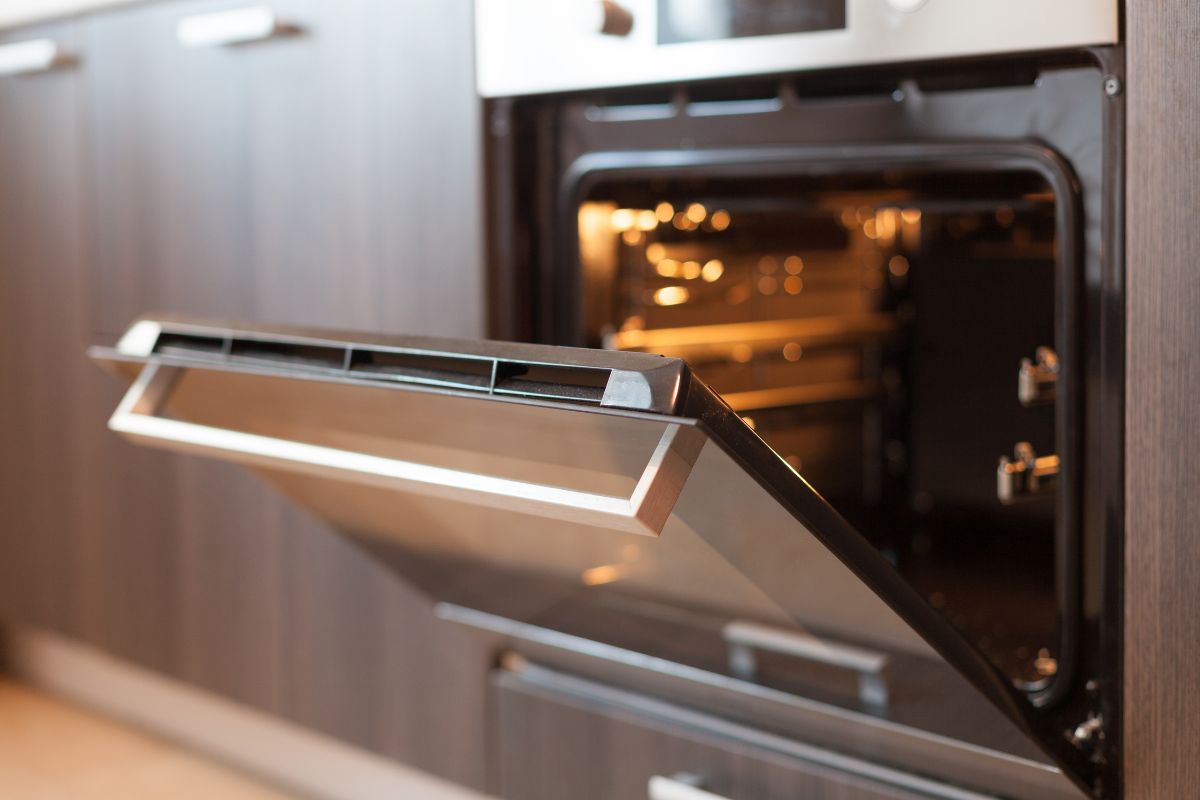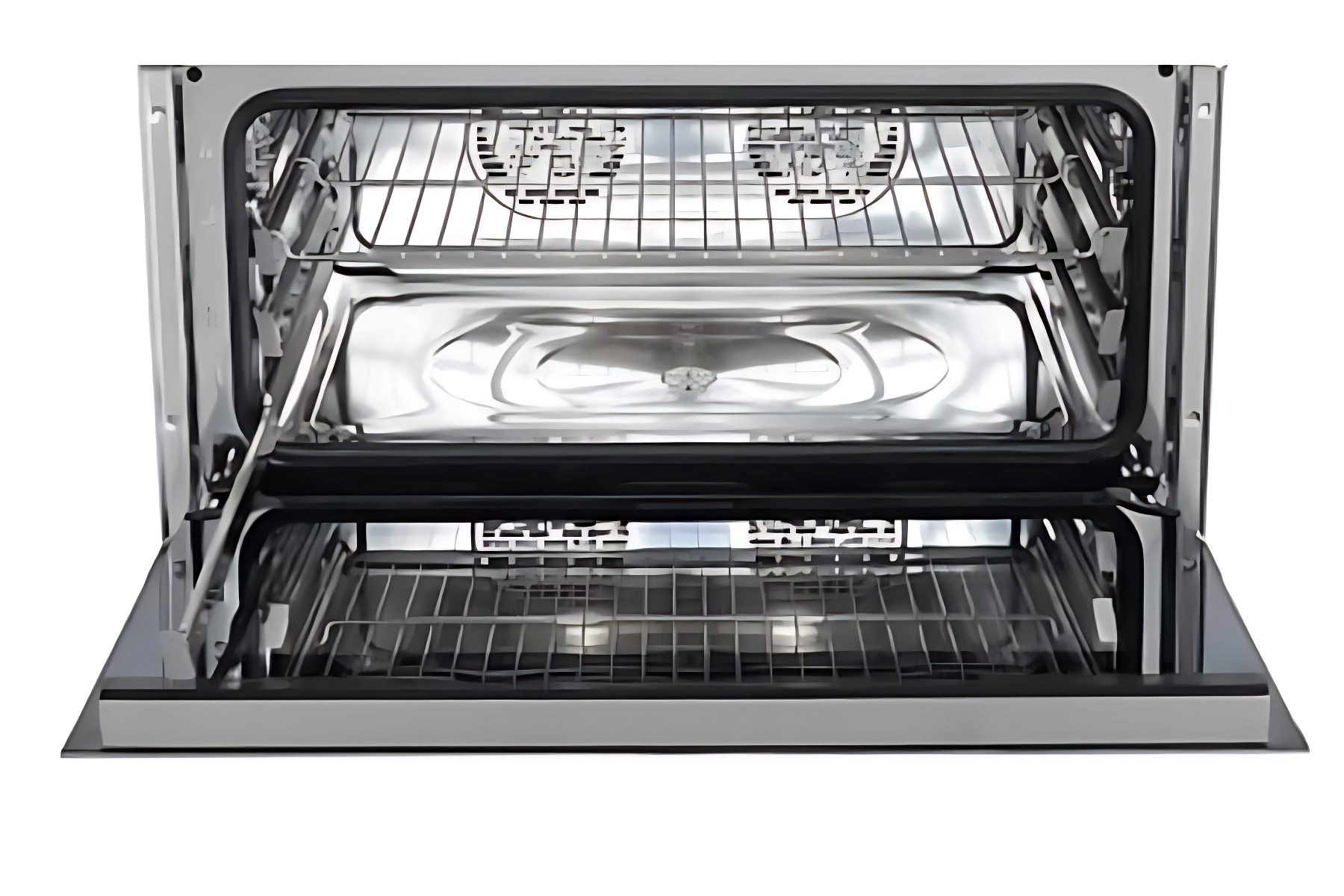In the world of culinary tools, kitchen knives hold a place of undeniable importance. Whether you’re a home cook or a professional chef, the quality and type of knife you use can significantly influence your experience and outcome in the kitchen.
Among the various knife types, two commonly discussed options are regular kitchen knives and Damascus kitchen knives. While both serve the same fundamental purpose, they differ in construction, performance, appearance, and pricing.
For many users, it is common to get confused while comparing them. Therefore, we are here with a detailed guide on this topic by discussing the major differences and similarities. By reading this blog, you will learn the major and prominent factors that make them different.
Table of Contents
ToggleOverview of Regular Kitchen Knives
Regular kitchen knives are those typically made from stainless steel, carbon steel, or sometimes ceramic. These knives are widely available, affordable, and serve well for general kitchen tasks. Depending on the material and manufacturer, the quality and durability of regular knives can vary.
In your local market and even online, you can find a large collection of regular kitchen knives. You can find them in different materials, which you can choose according to your unique needs and comfort.
For example, some people love to use stainless steel knives while others prefer carbon steel. So, it is right to say that you are the only person who makes a decision about which knife to pick.
What are Damascus Kitchen Knives?
Damascus kitchen knives are often admired for their striking appearance and craftsmanship. Traditionally, Damascus steel knives referred to a specific method of forging blades in ancient Syria. The purpose of doing so was to get a blade that was strong, sharp, and visually distinct due to its watery or wavy pattern.
Modern Damascus knives are typically crafted by folding multiple layers of steel, which creates intricate and swirling patterns on the blade surface. These knives are not only functional tools but also pieces of art.
High-quality Damascus knives often combine a hard inner core for sharpness with softer outer layers for flexibility and durability. The manufacturing process is usually more complex and time-consuming compared to regular knives.
As a result, Damascus knives are generally produced in smaller batches, often by skilled artisans or premium knife brands.
Key Differences Between Regular and Damascus Knives
The most apparent difference lies in the blade construction. Regular knives are typically made from a single piece of steel, whereas Damascus knives are composed of multiple steel layers.
Another major factor that makes them different is the visual preview and shape of these knives. Damascus knives stand out with their unique patterns that result from the forging process. In contrast, regular knives usually feature smooth, polished, or brushed finishes without any distinctive markings.
Another significant difference is sharpness and how long the blade holds its edge. While a high-end regular knife can offer excellent sharpness, Damascus knives often retain their edge for longer due to the combination of hard and soft steel layers.
However, both types require proper maintenance to perform well over time. In terms of cost, regular knives are generally more affordable and accessible. Damascus knives are a little more expensive because of which they are often considered an investment by enthusiasts and professionals.
Similarities Between These Knives
Despite their differences, both knife types serve the same essential functions in the kitchen. Whether slicing vegetables, chopping herbs, or filleting meat, both Damascus and regular knives can handle everyday tasks.
They also come in various shapes and sizes, including chef’s knives, santoku knives, paring knives, and more. It is also worth noting that both types require care to stay sharp and safe to use.
Even the most expensive Damascus knife can dull or chip without proper handling. A well-maintained, regular knife can outperform a poorly kept premium one.
Choosing the Right Knife for Your Needs
The selection between regular and Damascus kitchen knives depends purely on your usage and budget. You can choose any of these types, as both can outperform in your kitchen tasks. However, you must consider choosing White Hills Knives if you are looking for durable products.
From this store, you can find high-quality products made with premium-quality steel. In simple words, you can use its knives for years if you maintain them properly. Additionally, this store has kept the pricing affordable, which makes its products more accessible to everyone.
Undoubtedly, Damascus kitchen knives are expensive as compared to regular ones. But White Hills Knives has still kept the price tag of these knives affordable as compared to other stores.
Conclusion
Both regular and Damascus kitchen knives have their advantages. While Damascus knives offer superior craftsmanship, unique aesthetics, and long-lasting sharpness, regular knives deliver reliability, affordability, and practicality.
By reading the above guide, you must have gotten an idea about its similarities and differences. We have shared them briefly to let everyone understand the topic properly. However, it is highly recommended to choose White Hills Knives when you are looking to choose any of these knives or any other.







